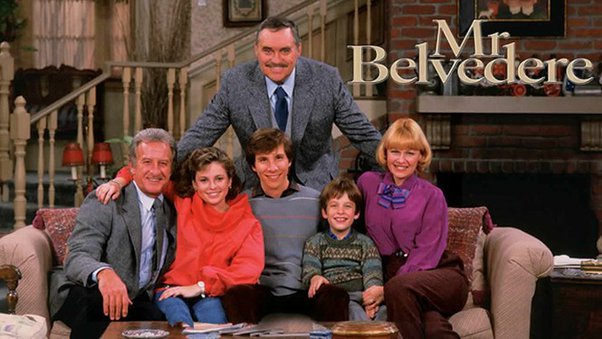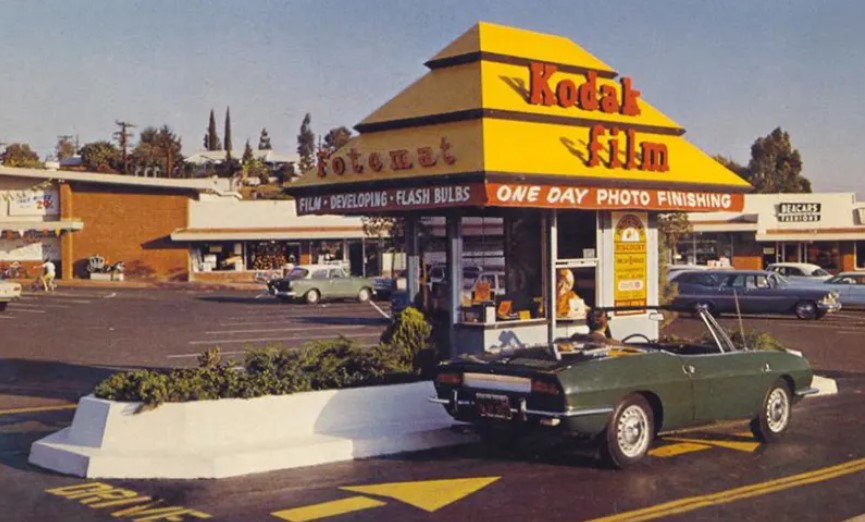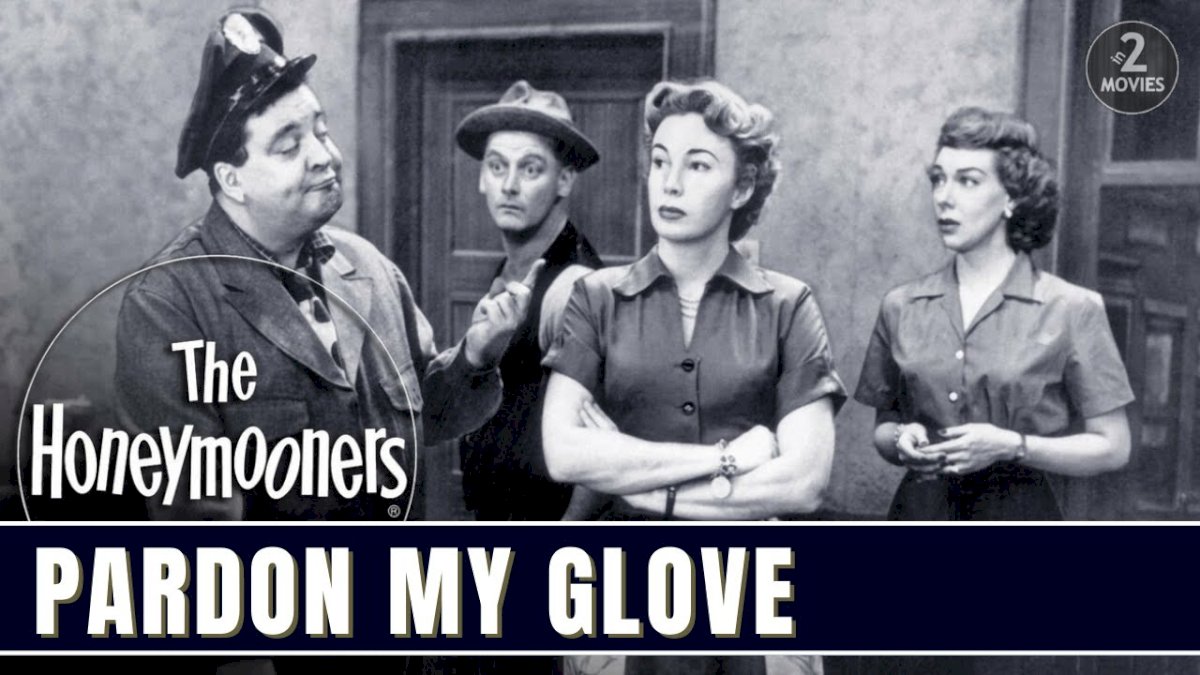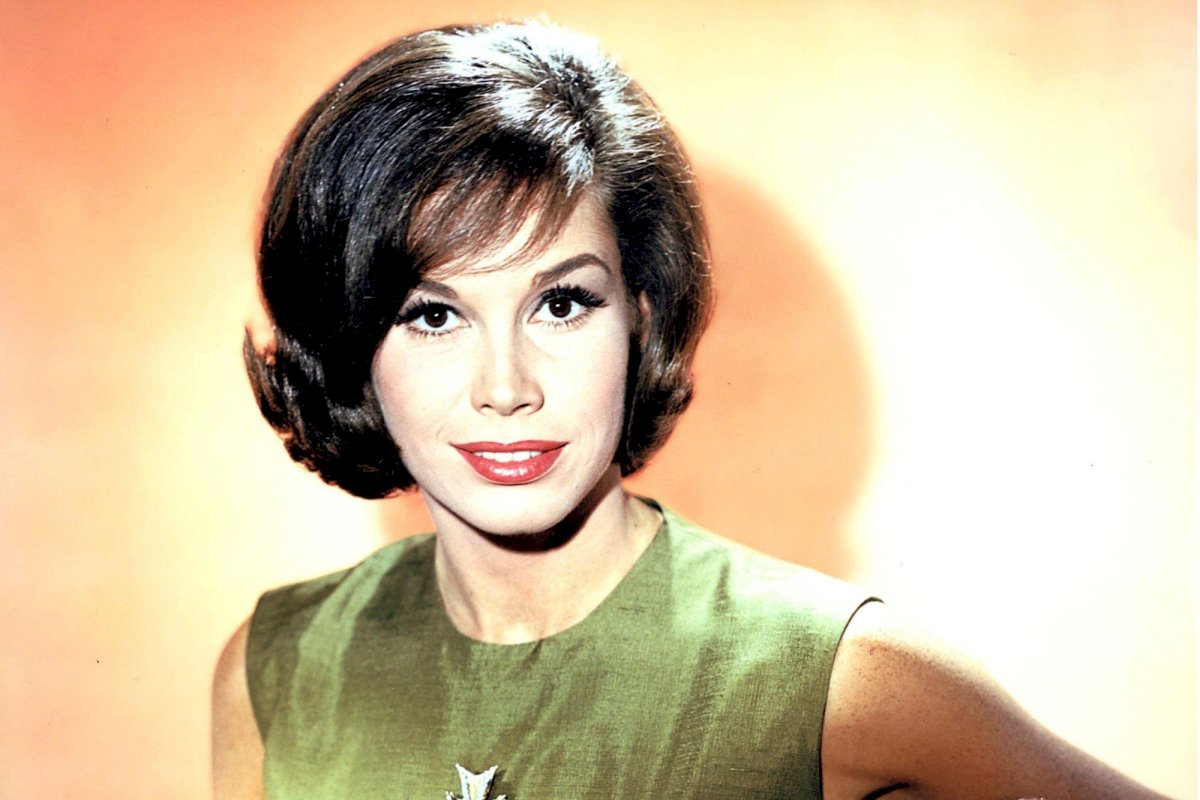In the annals of cinema history, certain films stand out not only for their entertainment value but also for their profound impact on society. "Blackboard Jungle," released in 1955, is one such landmark film that made waves due to its stark portrayal of the education system and the prevailing societal issues of the time. Directed by Richard Brooks and based on the novel by Evan Hunter, the film not only captured the attention of audiences with its engaging narrative but also provoked discussions about juvenile delinquency, societal norms, and the challenges within the education system.

Plot Overview

Set in a New York City high school, "Blackboard Jungle" follows the experiences of Richard Dadier, a novice teacher played by Glenn Ford, who finds himself in a challenging environment filled with unruly and rebellious students. The school is plagued by disruptive behavior, with the students showing blatant disrespect for authority figures, leading to an atmosphere of chaos and disorder.

As Dadier attempts to navigate this tumultuous setting, he faces numerous challenges, including resistance from both students and colleagues. His determination to make a positive impact becomes a central theme as he strives to connect with the students, understand their backgrounds, and provide them with guidance and inspiration. Throughout the film, Dadier's journey unveils the complexities of teaching in an environment that is plagued by systemic issues and societal pressures.
The Cast's Performances
Glenn Ford as Richard Dadier

Glenn Ford played the central character, Richard Dadier, a dedicated and idealistic teacher. Ford's portrayal of Dadier showcased his versatility as an actor, capturing the struggles, frustrations, and determination of a teacher trying to make a difference in the lives of troubled youth. His performance provided the film with a solid emotional anchor, portraying the complexities and challenges faced by educators in a troubled urban school environment.
Sidney Poitier as Gregory Miller

A young Sidney Poitier portrayed Gregory Miller, one of the students at North Manual High School. Poitier's performance was a standout in the film, showcasing his charisma and acting prowess. Even in this early role, Poitier displayed the talent that would later make him one of the most respected and acclaimed actors in Hollywood. His character's journey and the complexities of the student-teacher relationship added depth to the narrative.
Vic Morrow as Artie West

Vic Morrow played Artie West, a rebellious and troubled student at the school. Morrow's portrayal of West contributed to the film's exploration of juvenile delinquency and the challenges faced by the educators. His performance as a defiant and troubled teenager was a testament to his acting abilities, adding layers to the narrative and portraying the complexities of troubled youth.
Anne Francis as Anne Dadier

Anne Francis played Anne Dadier, Richard Dadier's supportive and understanding wife. Her role in the film offered a contrast to the challenges faced by her husband in the classroom, showcasing the struggles of a teacher's personal life while trying to make a difference in the lives of troubled students.
Cultural Impact

Upon its release, "Blackboard Jungle" caused a significant stir, primarily due to its unflinching portrayal of teenage rebellion, violence, and the struggles faced by educators. It was one of the first mainstream films to explore the issues of juvenile delinquency in such a raw and unfiltered manner.

The film's use of rock 'n' roll music, particularly the iconic opening sequence featuring Bill Haley & His Comets' "Rock Around the Clock," contributed to its cultural impact, making the song an anthem for rebellious youth of the time.

The movie's depiction of classroom unrest and the challenges faced by teachers struck a chord with audiences, sparking discussions about the state of education and the treatment of troubled youth. Moreover, "Blackboard Jungle" brought attention to the disconnection between teachers and their students, shedding light on the need for empathy, understanding, and proper guidance for troubled adolescents.
Social Commentary

At its core, "Blackboard Jungle" serves as a social commentary on the state of post-war society. The film reflects the growing generation gap and the societal changes that occurred in the aftermath of World War II. The youth of the 1950s were experiencing newfound freedoms and questioning the traditional norms, leading to clashes between generations.
The film delves into the socioeconomic disparities, highlighting how poverty, lack of parental guidance, and societal neglect can contribute to the delinquent behavior of the youth. It emphasized that the root cause of juvenile delinquency was not just the fault of the kids but also a reflection of societal issues that needed to be addressed.

Furthermore, "Blackboard Jungle" confronted racial tensions and prejudices prevalent at the time. The inclusion of a racially diverse cast and the portrayal of the challenges faced by Black students within the school system was a groundbreaking move, providing a platform to discuss racial inequalities and discrimination.
Reception and Controversies

Despite its critical acclaim and box office success, "Blackboard Jungle" was not without controversy. Its unfiltered depiction of teenage violence and rebellion caused concern among some viewers and critics. Some believed the film would incite further delinquency and rebellion among the youth, leading to debates about its potential influence on audiences.
Additionally, the film's use of rock 'n' roll music, particularly "Rock Around the Clock," led to it being associated with rebellion. The song's association with the movie sparked both enthusiasm and fear among older generations, who viewed the music as a symbol of youthful defiance.
Legacy and Influence
"Blackboard Jungle" left an enduring legacy in the world of cinema and beyond. It served as a precursor to the "youth-oriented" films that emerged in the following decades, influencing the portrayal of teenagers and their struggles in movies and popular culture.
The film's impact on music, particularly the integration of rock 'n' roll, cannot be overstated. The use of "Rock Around the Clock" in the opening credits marked a shift in how music was incorporated into films, setting a precedent for using popular songs to enhance the cinematic experience.

Furthermore, "Blackboard Jungle" sparked conversations and discussions about the education system, leading to reforms and changes in teaching methodologies. It shed light on the need for empathy, understanding, and support for troubled youth, influencing educational policies and approaches to handling student behavior.
Conclusion

"Blackboard Jungle" remains a powerful and enduring film that not only entertained audiences but also sparked conversations about important societal issues. Its unflinching portrayal of juvenile delinquency, the challenges within the education system, and the societal pressures of the time made it a cultural touchstone that continues to be relevant even in contemporary times.

By addressing issues of rebellion, generational divides, racial tensions, and the struggles within the education system, "Blackboard Jungle" stands as a testament to the power of cinema to reflect and provoke discussions about the world around us. Its impact on both the film industry and societal perceptions of education and youth culture solidifies its place in cinematic history.



